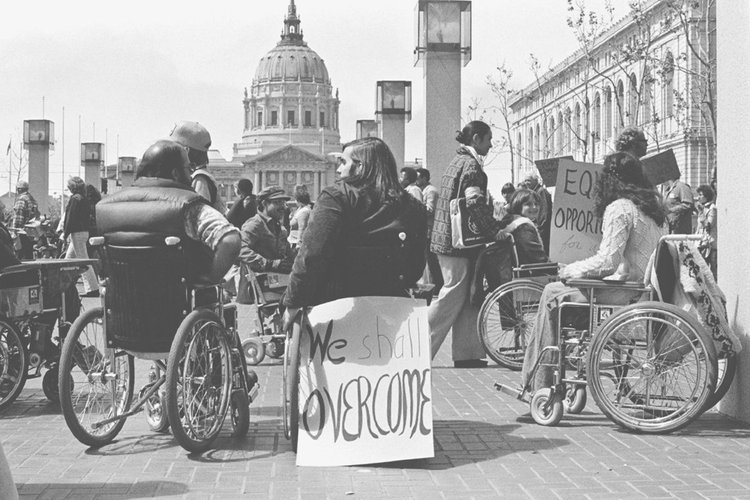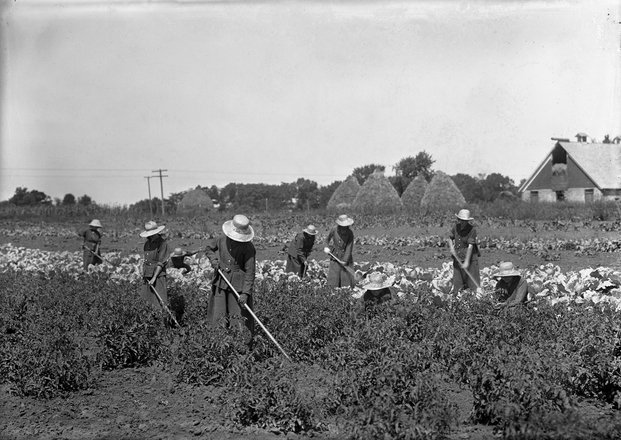
REPAIR-ing Disability History
REPAIR’s approach to public history and cultural heritage work draws on the feminist and labor motto “bread and roses.” As originally defined by the suffragist and labor organizer Helen Todd (1870-1953), “bread” symbolizes our shared right to life’s necessities: shelter, food, and care. “Roses,” in turn, symbolizes our shared right to beauty, dignity, representation, and cultural expression.
Our collective emphasizes that material and cultural justice are intertwined. Without funding, significant sites that preserve disability histories may fall into disrepair today. Without prioritizing accessibility, people with disabilities may be excluded from the histories housed at historic sites, featured on websites, and examined in museums. Through our work, we aspire to be aware of how historic representation and preservation is a crucial part of “roses” and must also be supported by continued advocacy for “bread.”
[Background image by Anthony Tusler, April 5, 1977. Courtesy of the photographer. All rights reserved.]
About the REPAIR Team
REPAIR stands for Rethinking Equity in Place-based Activism, Interpretation, and Renewal.
REPAIR: Disability Heritage Collective is a non-hierarchical group of learners looking to disability scholars and activists to inform our work in historic preservation. We are devoted to dismantling ableism and addressing disability in preservation planning, graphic design, historical interpretation, and heritage conservation.
As a collective of learners, we are excited to build a network of historic preservationists, public historians, designers, and educators thinking creatively about disability histories and historic places.

